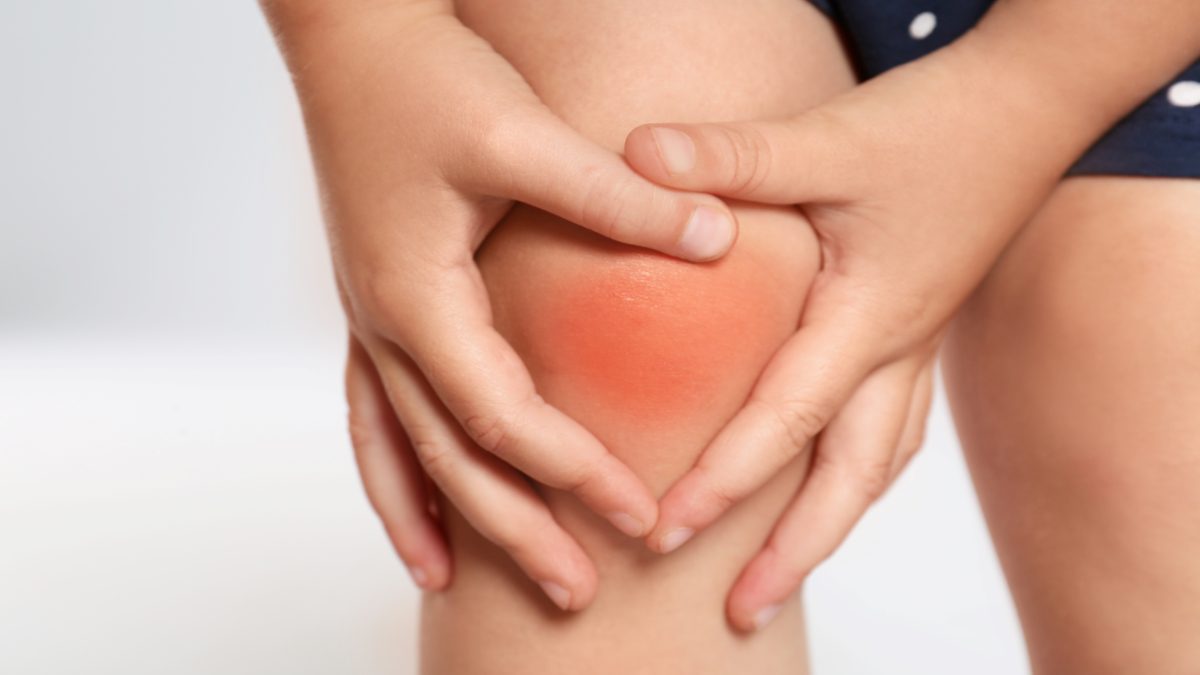Juvenile rheumatoid arthritis meaning
Juvenile rheumatoid arthritis is also sometimes called juvenile idiopathic arthritis. This is the most frequently occurring form of arthritis in children and adolescents under 17 years old, so it is also known as chronic childhood arthritis.
Juvenile rheumatoid arthritis causes persistent pain in the joints, along with stiffness and swelling in the affected joints. Sometimes the symptoms occur for just a few months, but in other cases, children who develop juvenile rheumatoid arthritis have symptoms of the condition for the remainder of their lives.
Some forms of juvenile rheumatoid arthritis cause severe complications, like inflammatory eye problems and problems with growth. The treatments for juvenile rheumatoid arthritis focus on improving function, managing the pain, and preventing damage to the joints.
Juvenile arthritis risks
Some types of juvenile idiopathic rheumatoid arthritis are more likely to develop in girls than in boys.
Causes of juvenile arthritis
Juvenile rheumatoid arthritis is an autoimmune disorder. This means that the immune system attacks its own tissues and cells. Factors in the environment, as well as heredity, seem to have some part in the development of the ailment, but the exact cause is unknown. Certain mutations in the genes may make it more likely that factors in the environment, like viruses, will cause juvenile rheumatoid arthritis.
Click Here to read about Treatment.
















Leave a Reply
You must be logged in to post a comment.